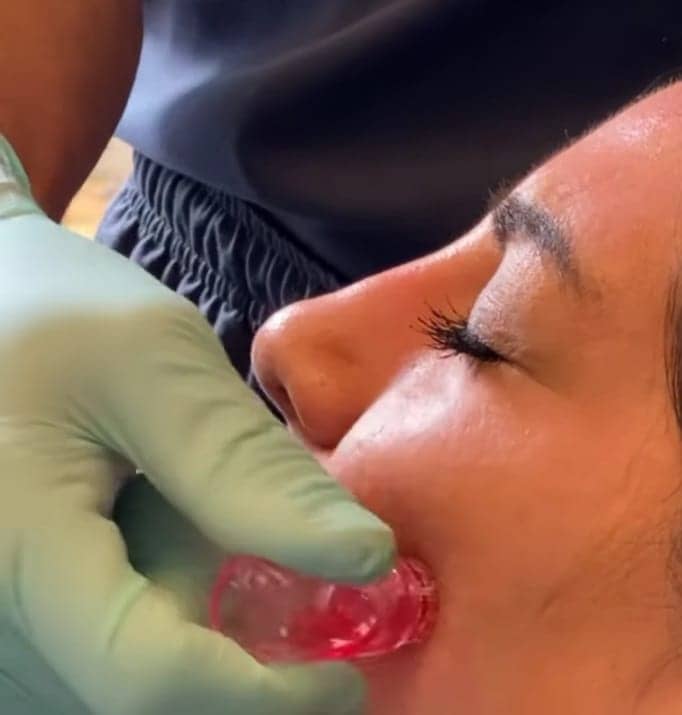Would-be patients frustrated by COVID-related plastic surgery practice closures risk permanent damage if they try to DIY with unregulated or incorrectly administered alternatives.
By Tonya Johnson
In spring of 2020, when New York City was an epicenter of the coronavirus pandemic, plastic surgery practices, like many other medical offices in the region, closed their doors temporarily to promote public health and safety. But in too many cases, would-be patients put their own health and safety at risk by opting for “do-it-yourself” procedures at home. Plastic surgeons are now seeing the disastrous effects of such risky behavior.
“I’ve had patients who’ve burned their skin from do-it-yourself peels—resulting in hyperpigmentation and skin barrier disruption,” says board-certified dermatologic surgeon Dendy Engelman, MD, FACMS, FAAD, who practices at Shafer Clinic in New York City. “One patient I treat has significant scarring from using strong acids on her skin during an ‘at-home treatment.’”

An article published in April 2020 in the Journal of the American Academy of Dermatology reports that unregulated neurotoxins and fillers are readily available for purchase on common online retail giants and marketplaces without requiring the purchaser to provide a medical license information (which is required by US law to make a legal purchase).
When purchased online from unlicensed, unregulated sources, fillers and other injectables may be misbranded, tampered with, counterfeit, and unsafe, says article author and dermatology resident at the University of Miami Fabrizio Galimberti, MD, PhD, in a press release about the findings. “Some of the most common complications from unregulated cosmetic products include infection, scars, and swelling, while more severe cases can involve long-term paralysis, Bell’s palsy, blindness, and stroke,” Galimberti says. “The problem is two-fold: you’ve got products that can’t be trusted, and you’ve got people injecting them without adequate medical training and experience. To protect your health, you should never get injections in a non-medical setting.”
On the flipside, some patients went to great lengths in their attempts to force open the doors of closed plastic surgery practices. Plastic surgeon David Shafer, MD, FACS, also of Shafer Clinic, says, “I had one patient during the shutdown who was so desperate for her BOTOX Cosmetic, she had her psychiatrist write me a letter saying she would have a mental breakdown if she didn’t get her aesthetic treatment.”
In some cases, aesthetic manufacturers that supply products intended for safe home use stepped up to fill in gaps in care, such as SkinMedica by Allergan, which has online stores for consumers to purchase skincare maintenance products that ship directly to their homes.
Now that most plastic surgery practices in New York City have reopened, both patients and practitioners are relieved.
“Luckily, we are now fully opened, and our patients are returning in full force for maintenance treatments, new procedures, and surgeries. They are taking full advantage of working from home for time to recover,” Shafer says.
Engelman adds, “Our patients are no longer worried about recovery time. Scheduling down time for patients was always a challenge. But now during COVID, clients have more flexibility to come in for facial procedures, without anyone ever knowing—because they’re wearing a mask.”
Tonya Johnson is associate editor of Plastic Surgery Practice.







